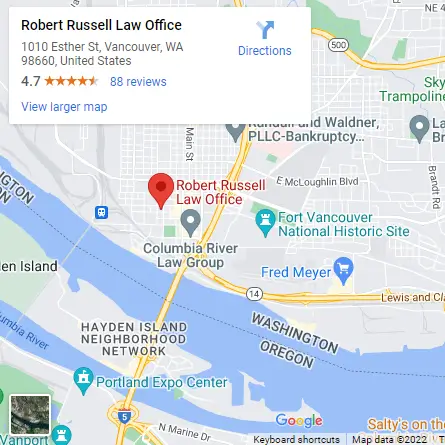A last will and testament is a legal document under estate planning which will have the effect of determining who will be your successor, beneficiaries, or heirs when you die. The will also gives you the power to appoint who will be the executor or trustee who will control and administer your whole estate assets.
A person who has a will is called the testator while those without are called to have died intestate or without a will.
What is a Last Will and Testament For?
 The primary purpose of a will is for the testator to have control over who will receive his or her estate property after death. The estate of the deceased will include personal property and community property and making a last will and testament will give the testator asset protection.
The primary purpose of a will is for the testator to have control over who will receive his or her estate property after death. The estate of the deceased will include personal property and community property and making a last will and testament will give the testator asset protection.
If you do not have a will, at the time of death, intestate succession or the Intestacy Laws of Washington will apply and you will have no control over who will get parts of your property. Having a will enables you to choose who will acquire your estate rather than the State.
Who Can Make A Will?
According to Estate Law, a Will is valid if:
- The testator is at least 18 years old and of sound mind. The testator must not have been mentally incapacitated, disabled, have made the will on his own volition without force, intimidation, or undue influence.
- Washington laws require that there must be at least two witnesses of legal age at the time of the signing of the Will.
What are the Different Kinds of Wills?
Simple Wills
Simple wills are wills that give the whole inheritance to the heirs or beneficiaries and are mainly used by people that:
- Have no minor children
- Do not need a guardian
- Have no irrevocable trust
- Have small estates
- Have no estate planning for subsequent marriages
- Do not avoid probate through a revocable trust
- Do not have special needs children
Complex Wills
Complex Wills are wills that do not distribute the assets as a whole and are mainly used by people that have:
- Minor children
- Businesses that will not terminate upon the death of the decedent
- Special needs trust
- Large estates for estate tax planning
- Assets that need to be protected for the surviving spouse
- Assets to keep for a family member
Holographic Wills
Wills that are handwritten, dated, and signed by the testator himself are called holographic wills. The contents can either be simple or complex. Holographic wills can be made by anyone, but it may lead to a more expensive probate process later on. If you are not familiar with legal matters about wills, consulting a competent Vancouver, Washington estate attorney before writing a will is helpful because a wrong word may lead to complications of the validity of the will.
Living Wills
Living wills are wills that do not take effect upon the death of the deceased person and they do not pertain to distributing the property. Such a will is like Medicaid planning, health care directive, or an advance directive that states the desires of the testator regarding what medical treatment he will receive in certain circumstances.
Codicils
An amendment to a prior last will and testament is called a codicil in estate law terms.
How can an Estate Planning Attorney Help?
Estate Planning in Washington can be quite complicated. Getting a Vancouver estate planning lawyer will be a wise decision because estate lawyers can help in setting or drafting wills, deduction of estate taxes, avoid probate or represent you in probate court, and other legal processes and concerns. We at Robert Russell Law Office will help you have control of your estate as well as provide security for your assets and family. Contact our estate planning lawyers from Vancouver WA today for a free legal consultation!







